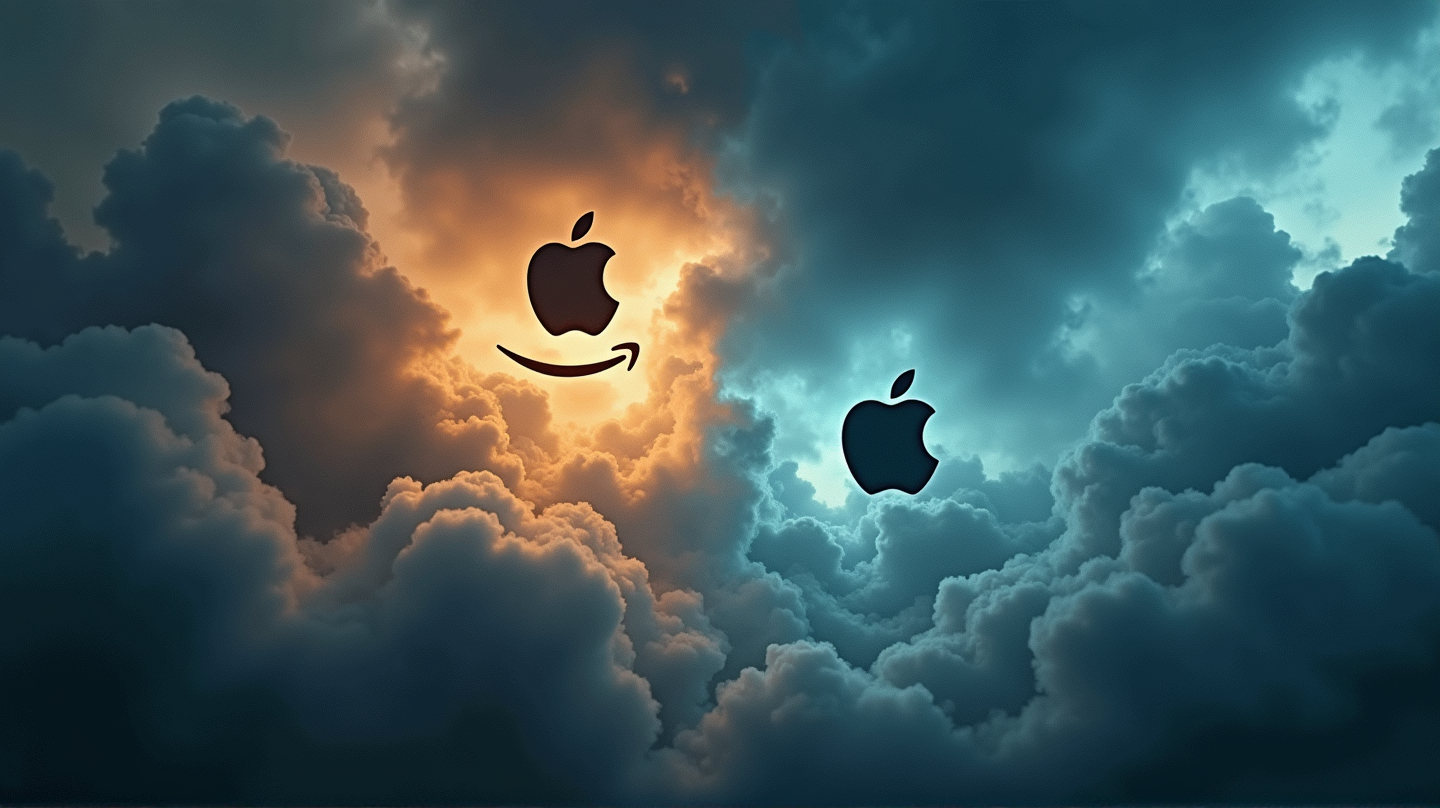The Ripple Effect of Trade Tensions
The latest quarterly earnings from Amazon and Apple have revealed a stark reality for tech giants: the impact of ongoing trade wars. US President Donald Trump’s aggressive tariff policies are now reaching into the heart of the tech industry, once thought to be somewhat insulated. According to The Mercury News, these tariffs are threatening the bottom line of these companies, emphasizing the challenges faced by those dealing in physical goods.
Economic Uncertainty and Unpredictability
Andy Jassy, Amazon’s CEO, recently echoed a sentiment of looming uncertainty. “None of us knows exactly where tariffs will settle or when,” he said during a recent call with analysts. The company acknowledged that future results remain “inherently unpredictable,” pointing to a decline in expected profits. This volatility is reflective of larger geopolitical and recessionary fears weighing heavily on global markets.
Apple Faces Significant Cost Increases
The impact is just as dire for Apple, which disclosed an anticipated increase in costs by $900 million for the current quarter due to tariffs. This has already manifested in the company’s sales in China, a focal point of Trump’s trade policy, which fell short of investor expectations. It presents a stark contrast to its digital counterparts, such as Microsoft, Meta, and Alphabet, whose earnings remain largely unaffected by import taxes on digital goods.
Digital Goods: A Temporary Safe Haven
Despite the challenges faced by hardware-reliant companies, the digital sphere continues to thrive. Software and cloud services are less affected by the immediate impact of tariffs. However, industry experts caution that this insulation may be fleeting. Firms like Meta are already noting increased costs for data center infrastructure, a reflection of the broader economic landscape.
The Long-Term Impact on Big Tech
While the repercussions are not yet fully realized in companies focused on digital goods, the broader macroeconomic conditions could eventually take a toll. The chain of supply remains vulnerable to changes in trade policies, and economic uncertainties could constrain client spending in the future. Both Meta and Microsoft have revised their financial forecasts, indicating the possible forthcoming impact of these very trade policies.
This unfolding narrative illustrates a critical juncture for tech giants as they navigate a complex economic terrain shaped by international policy and trade dynamics. The question now is not if these challenges will affect the tech industry further, but how significantly they will shape its course in the coming years.
